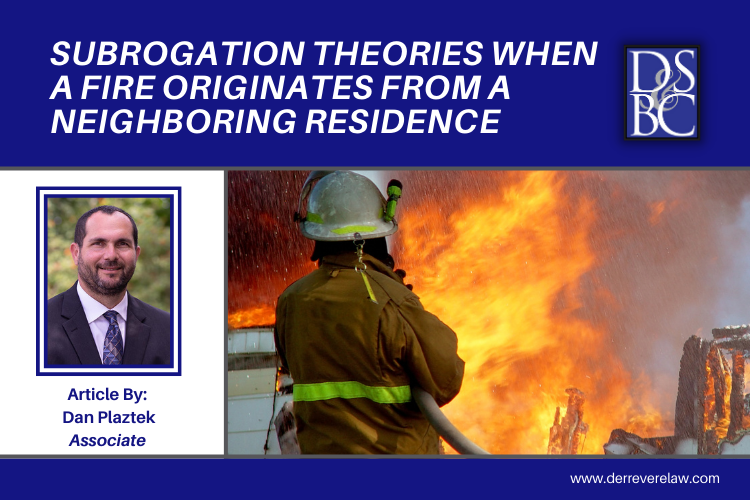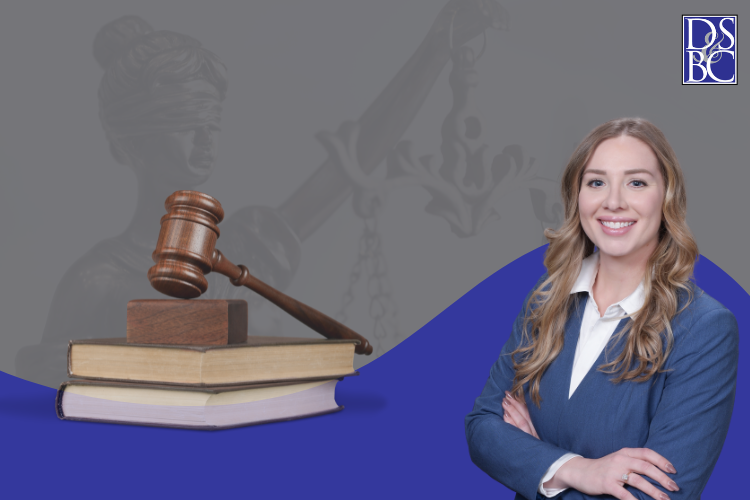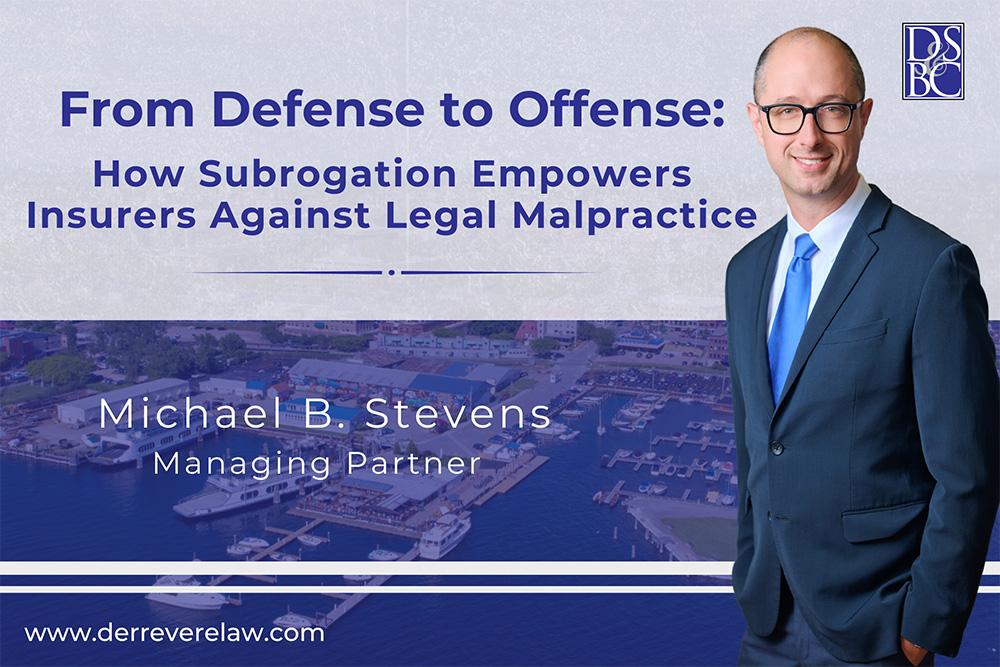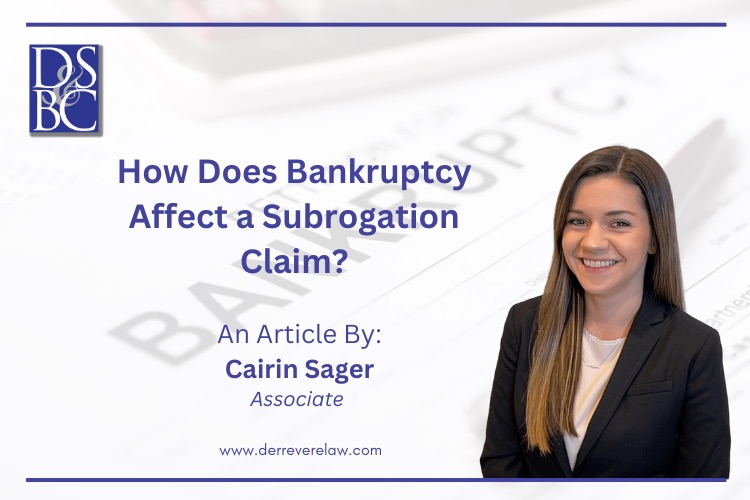Subrogation Theories When a Fire Originates From a Neighbor’s Residence in Florida

Florida allows subrogation recovery for damage due to the spread of fire from a neighboring property. The cause of the fire must arise from a negligent act and not from an act of nature or from one’s reasonable prudent care.1 However, many challenges arise when trying to demonstrate that a spread of fire was caused by a wrongful act. When attempting to develop a theory of liability, the following three strategies can be employed.
(1) Rule Out a Natural Cause of The Fire
Mother nature is not always our friend when it comes to protecting us from disasters. Some natural ways a fire can be brought about include a lightning strike, rain, or from wind entering the property. All of these natural events can affect the electrical components in a home and spark a fire. While your theory of liability is being developed, the absence of lightning, rain or wind on the day of loss will only support that the fire was caused by a wrongful act.
- Was it a sunny day?
- What were the wind speeds?
- Was rain or lightning present in the area of the residence?
Look into the weather reports and determine what were the conditions on the date of loss.
(2) Were There Working Smoke Detectors?
Residential building codes have evolved over the years to ensure people are safe in their homes. Smoke detectors are required in every bedroom and outside of each separate sleeping area in Florida.2 The detector must be installed on a ceiling or wall, as high as possible above a door. Although Florida has taken significant measures to provide fire prevention measures when constructing homes, maintenance and proper use of detectors are still the responsibility of owners and renters. A recent study revealed that thirty percent of detectors in residential homes do not properly operate. A working smoke detector provides the requisite notice to others of a fire and has been found to prevent the spread of fire to the property of others. If the detectors in a home where the fire arose have not been destroyed, then have them inspected.
- Were the detectors outdated?
- Were the batteries installed in the detector dead or did they contain useful life?
- Were the detectors disconnected from a hard-wired electrical system?
- Were the detectors properly placed within the subject residence?
A failure to have a working smoke detector that was properly installed in a residence where a fire occurred can be a wrongful act that supports a theory of liability.
(3) Was The Home Kept in A State of Disrepair?
In general, a home that is cluttered and kept in a state of disrepair creates associated fire hazards. Appliances, such as water heaters, need “breathing room” and plenty of ventilation available so their pilot assemblies can burn properly. In addition, the radiant heat in which appliances exert can ignite materials to burn depending on how close items are kept near those appliances. If the incident photos from the scene reveal cluttered items kept around appliances, or that the home was kept in a state of disrepair, then those facts may be an avenue to recovery. A failure to keep one’s home free from reasonable fire hazards can be a wrongful act that supports your theory of liability.
These neighboring fire claims can be challenging to determine if a wrongful act supports a theory of liability where recovery is viable. Ruling out natural causes of fire, investigating the condition and placement of the detectors, and reviewing the state of the neighboring residence are three strategies that can be utilized for recovery.
1 C1 Weis-Patterson Lumber Co. v. King, 131 Fla. 342, 359, 177 So. 313, 320 (1937)
2 2020 Florida Building Code, Building, 7th Edition



